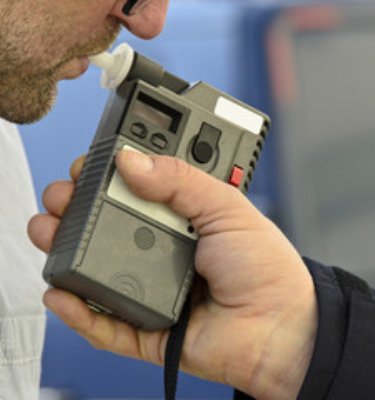
If an employer wants to discipline an employee because he or she is inebriated, for example with disciplinary dismissal, it is in the employer’s best interest to demand that any breathalyser tests be repeated by a law enforcement agency (e.g. the police). This is the case even if the employee in question does not demand it. The result of a breathalyser test carried out by an employer may not be sufficient and it may be easier to challenge. This is the conclusion from a ruling by the Polish Supreme Court of 4 December 2018.
The ruling was issued in a case where an employee was tested by his employer with a breathalyser. The employee agreed to be tested, and the device had been serviced and calibrated. The test confirmed that the employee had been drinking alcohol. The employee challenged the result but did not demand that the police be called. After leaving the workplace, the employee attempted to have the result verified by the police as well as by medical professionals (in each case, he was refused). The employee was dismissed on disciplinary grounds, but appealed. In the end, the courts upheld his challenge, including the Supreme Court. The courts concluded that in the circumstances of this case, despite a positive breathalyser test carried out by the employer, there were doubts as to the employee’s intoxication that could not be resolved at that point.
The courts decided that if an employer’s breathalyser test shows that the employee is intoxicated, and the employee challenges this result, the employer should call a law enforcement agency so that a formal test can be carried out.
A test carried out by a policeman or a municipal policeman has full evidential value. A test carried out by the employer creates a presumption that the employee is inebriated, but this can be challenged by the employee as this does not having a legal basis in view of the current state of the law.
Therefore, when a breathalyser test shows that an employee has been drinking alcohol, and the employee challenges this result, it is advisable to call the police in order to repeat the test and determine the employee’s level of sobriety. Of course, it is possible to attempt to prove that the employee was intoxicated otherwise, such as by witness testimony about the employee’s behaviour or the smell of alcohol. In some cases, this may be sufficient. Having said that, the result of a test carried out by authorised agencies will surely be more difficult to challenge, and less discretionary.
Consequently, in order to avoid problematic situations (including a dispute as to whether the stated grounds for dismissal are true), it is advisable to have the test repeated by law enforcement.


